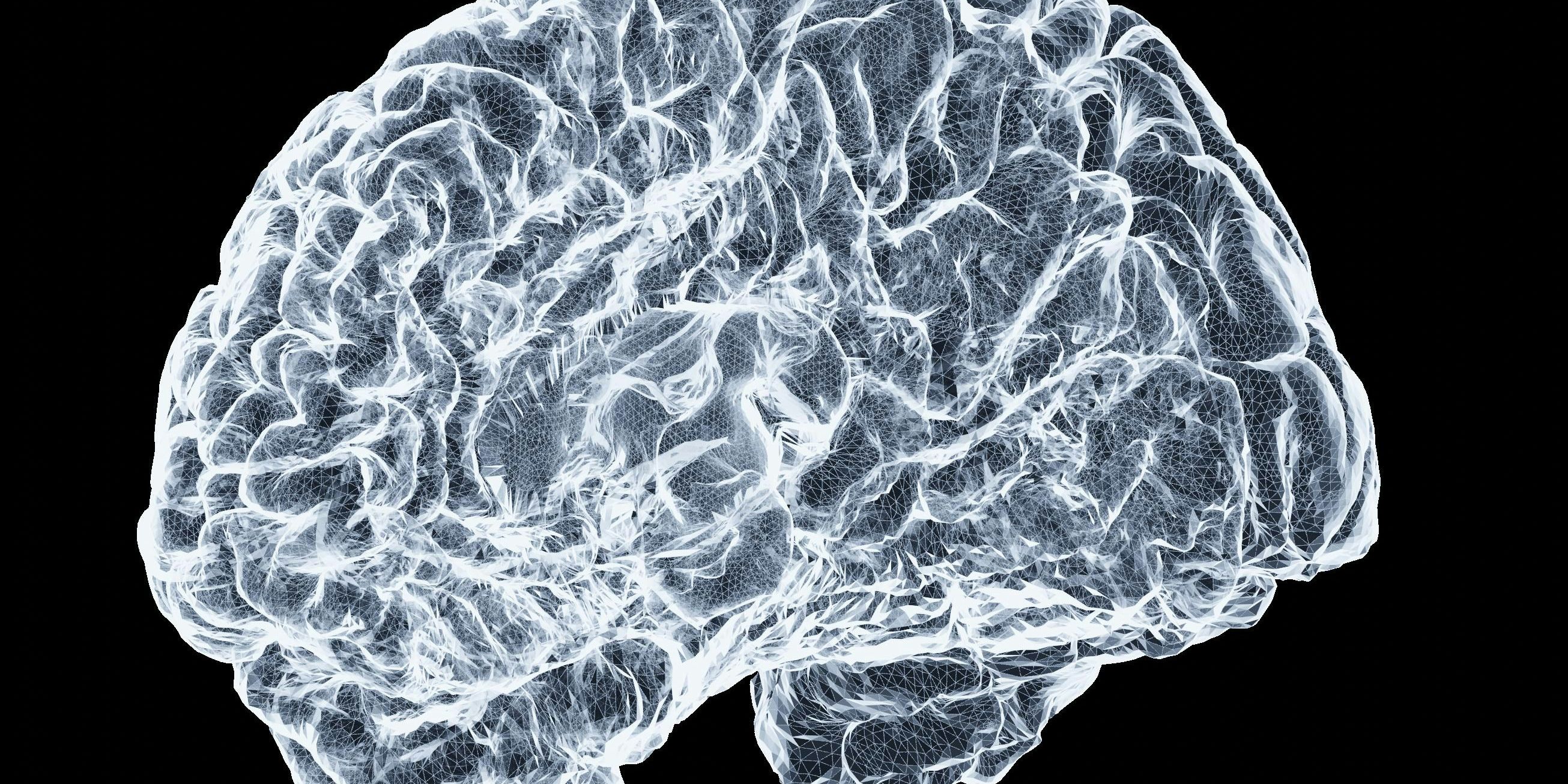TMS - Our Approach

Holistic Psychiatry and TMS:
Our practice approach has been to approach mental healthcare holistically, appreciating that genetics, neuroscience, the environment, and lifestyle all contribute to mental health outcomes. Our approach stems from the belief that individuals facing mental health challenges often face recovery with limited or incomplete tools. This can cause the recovery process to take longer, with incomplete or unsatisfactory recovery.
Since April of 2025, Integrative Mind introduced Transcranial Magnetic Stimulation in order to broaden the range of therapeutic options available to patients. TMS is a powerful tool that may offer significant benefits for patients who haven't responded adequately to traditional treatments. As a non-invasive procedure that uses magnetic fields to stimulate nerve cells in the brain, TMS can help regulate neural activity in regions associated with mood regulation and cognitive function.
Why TMS?
TMS offers several advantages over traditional treatment methods for mental health conditions. In our practice, we have found it to be a versatile treatment option, being able to provide symptom relief for patients that acts to augment the medication they are on, but also as a standalone treatment.
Key benefits:
- Non-medication approach: For patients who experience adverse effects from medications or prefer non-pharmacological interventions, TMS provides an alternative treatment pathway.
- Remarkable side-effect to benefit ratio: Compared to many psychiatric medications, TMS typically produces side effects that are typically mild (headache) and transient. Efficacy occurs more quickly than depression medication, with many patients reporting mood improvements within 2-4 weeks of starting treatment. This contrasts with antidepressants, which often require 4-6 weeks to achieve therapeutic effects. The localized nature of TMS also means it avoids systemic side effects commonly associated with medications, such as weight gain, sexual dysfunction, or cognitive dulling.
- Targeted: TMS directly targets specific brain regions involved in mood regulation. This actually results in a targeted approach, even relative to medication. It is remarkable that the mechanism of action of most psychiatric medications in terms of the direct impact on mood remains poorly understood, and many of these medications were developed without the precision pharmacology that is standard practice in drug development today.
- Effective for treatment-resistant conditions: Many of our patients who haven't responded adequately to multiple medication trials have experienced significant improvement with TMS therapy.
- Complementary to other treatments: TMS works well alongside psychotherapy, lifestyle modifications, and in some cases, reduced medication dosages.
- Long-lasting results: Many patients maintain improvements for extended periods after completing a full course of TMS treatment, with some achieving sustained remission.
The Challenge
While TMS is approved to treat depression, obsessive-compulsive disorder, and smoking cessation, insurance requirements are typically more strict than the FDA approval labeling. These requirements often include multiple medication trials and a minimal severity of depression to qualify for reimbursement. While access barriers are can be challenging, we are hopeful that access improves as greater awareness grows on the impact of TMS on clinical outcomes.
What’s Next?
As we continue to integrate TMS into our practice, we are excited about several developments on the horizon:
- Expanded treatment protocols: We are closely following research on TMS applications for anxiety disorders, PTSD, and substance use disorders, with plans to implement new protocols as evidence and regulatory approvals emerge.
- Accelerated treatment: Traditional TMS protocols typically require 5-6 weeks of daily sessions. We are now implementing accelerated TMS schedules that can deliver the same number of pulses in a condensed timeframe (2-3 weeks), making treatment more accessible for patients with time constraints or those who would benefit from more rapid symptom relief.
- Combination therapies: We're exploring how TMS can be most effectively combined with psychotherapy, mindfulness practices, and other integrative approaches to maximize treatment outcomes.
.png&w=3840&q=75)
